Financial Health is What FinTech Should Be Empowering
12 November 2020
FinTech applications are getting
smarter; a fact that has many good implications for businesses and consumers
alike, but offering the advantages of financial technology can have more
strategic vision than the one currently being targeted.
Using innovative technologies
like artificial intelligence (AI), machine learning (ML) and similar concepts
have propelled both FinTech companies and traditional financial institutions
that chose to adopt them to new levels of customer service efficiency, better
banking, and smarter solutions. However, this innovation trend is being aimed
at providing better, faster and more reliable financial services, but has left
out the optimization of a customer’s overall financial health.
Some FIs and FinTech companies are
realizing this and have come to slowly pivot from being product or
service-focused to a more encompassing approach that places the financial
wellbeing of customers at its core. Initiatives such as these can pave the way
for a more prosperous future for the next-generation financial sector and its
players. Prominent voices in the industry are talking more and more about how
banks have a social “responsibility” to provide their customers with a
financially balanced life by reducing financial stress and paying attention to
their financial wellbeing.
What is even more compelling for banks to pursue financial
health is the promise of the next step when it comes to financially sound
customers; wealth management. Some wealth management firms today are
recognizing this potential and accordingly are building client-centric digital
platforms with an omnichannel approach in mind, by using AI-based customer
service and video tech to offer better face-to-face communication and expert
advice. This comprehensive platform gives customers access to all these wealth
management services in addition to customized investment planning solutions.
This enables the company to cater to busy customers of all ages, as they bustle
through their daily lives without ever not being short on time. Even though the
current times are increasingly led by digital platforms, most customers still
prefer to have a human element in their dealings with banks and other FIs, and
that’s exactly what this platform offers; the speed and convenience of digital
wealth management services with a touch of human reassurance to guarantee the
best possible outcome.
Financial health can be addressed using many approaches,
whether directly or indirectly. Here are some ways that FinTech companies are
trying to achieve just that:
A provider of finance-related technology solutions has also
launched a new client-centric mobile app focused on proper financial planning
and wellbeing. The app entices its users to learn about basic financial
planning and encourages strategic behavioral changes in order for them to
achieve their wealth goals in an engaging way. Conducted by retirement plan
advisors, the app connects them to interested participants and enables a
fruitful relationship between them through increasing awareness and healthier
spending habits on a scalable, value-adding level to both parties.
Another way to enable financial
wellbeing is being adopted by FinTech startups focusing on financial health in
the Middle East, a region with half of its population under 25 years old and
that witnessed an unemployment rate of over 25% in 2019. Various FinTech
startups are tackling youth unemployment by creating platforms that provide
support for job seekers and companies alike, enabling the unemployed to explore
job opportunities and achieve the financial health they seek, allowing them in
turn to get access to credit and insurance options.
Speaking of the MENA region, the
underbanked adult population was at 86% back in 2017 as per the World Bank, and
that has led some financial health startups to focus on this issue. With a
rising rate of migrants working abroad and trying to make their way into the
region, their paperwork is often not processed quickly enough for them to be
able to open bank accounts due to not having official proof of creditworthiness
in the respective country. Thus, this underserved population has almost no
access to formal financial services and therefore are financially excluded.
Enter the FinTech startups that are offering digital solutions targeting this
population to promote financial inclusion by making platforms that provide financial
institutions with verifiable credit history in their origin country and have
access to finance that can get them back on their feet in much less time.
The Middle East and North Africa region also has financial
literacy problems. Accordingly, some FinTech startups in the MENA region are educating
people on financial matters through mobile apps and various digital platforms,
aiming to teach them how to manage their money and slowly grow their wealth.
Access to proper capital is another pending issue for MSMEs
in the Middle East, especially when considering that they account for 96% of
registered companies in the MENA region while receiving a mere 7% of total bank
lending, as per the IMF. Several startups nowadays in the Middle East are
aiming to solve that issue by offering significant opportunities for MSMEs through
factoring, invoice discounting and credit insurance platforms to digitize the
whole process of merchants and can therefore get proper access to funding
through their transactions history and have better cashflow management.
In a world struck by an ongoing
pandemic, one can’t help but have financial health concerns in these troubling
times. Financial health has always been an underlying concern for most people,
and today economies are struggling and jobs are being lost, so it is safe to
assume that financial health is a solid precursor to health in general.
Consumers are worried about their income in the present as well as its future
fate, so now is as good a time as ever to start catering to those concerns and
to reassure customer - as banks or FinTechs - that FIs are doing their best to
alleviate their worries by paying attention to their financial health so they
can safely make financial plans as the future unfolds.
related articles

Mutually Beneficial Partnership Scenarios for Banks and FinTech Companies

Can the Middle East Bloom Into A Global FinTech Hub?

Setting Digital Banking Transformation Priorities During a Pandemic

Critical Key Areas for Organizations to Strengthen Digital Financial Literacy

Can Blockchain Technology Affect Banking and FinTech?

The Challenges that FinTech Startups in Emerging Markets need to consider

Four FinTech Elements Affecting the Retail Banking Ecosystem

The State of Biometrics in 2020 and Beyond

Regulatory Technology is the Unsung Hero of Digital Transformation

Bridging the Digital Divide with APIs

The Impact of IoT on FinTech & Banking

Shifting from Disruption to Innovation through FinTech Partnerships in COVID19 pandemic.

Going Cashless is the new way to go in a Post-Coronavirus Future

Relevance of Scheduling Apps for Bank Appointments is Skyrocketing

How is Banking Changing with COVID-19?

Customer Service Transformation has become a must in a Digital World

The Opportunities and Threats of FinTech during COVID-19

How FinTech can relate to the Healthcare Industry

The Impact of Coronavirus on the Financial Sector
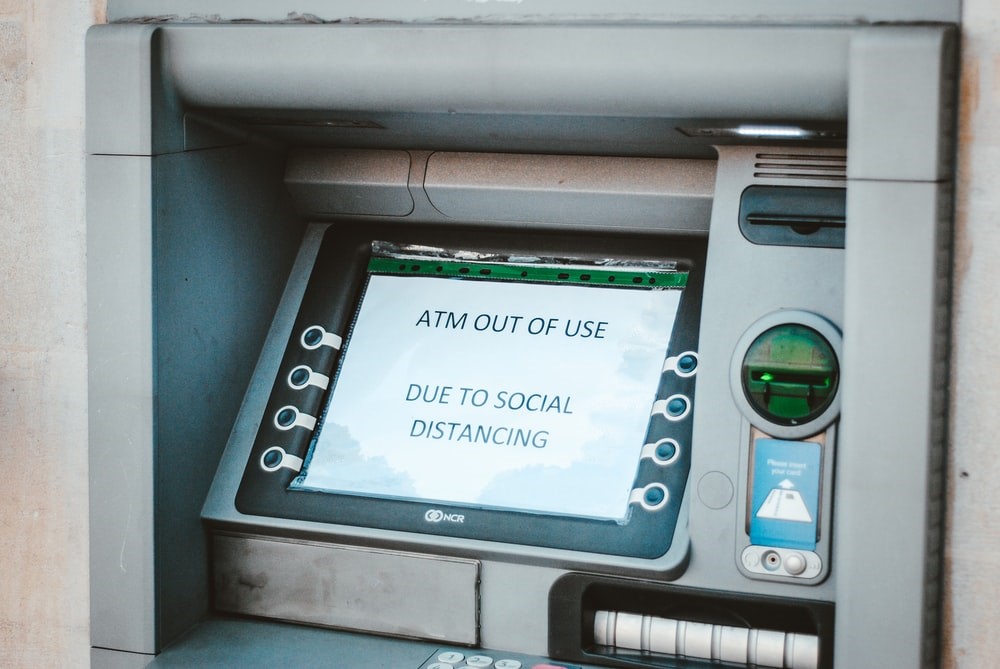
FinTech’s Critical Role in the Battle Against the Coronavirus

6 Benefits of Blockchain Technology in Finance

Disrupt Africa: Egypt is Leading African Tech Hub in 2019

Humanizing Services through Smart Banking Technologies

MSME Lending & FinTech: What to Expect in 2020

How Digital Innovation can Transform the Future of Banks

Banking Experts Forecast Key FinTech Trends in 2020

The Potential of Peer-to-Peer Lending in the Middle East

How FinTech is Changing the Finance Industry.
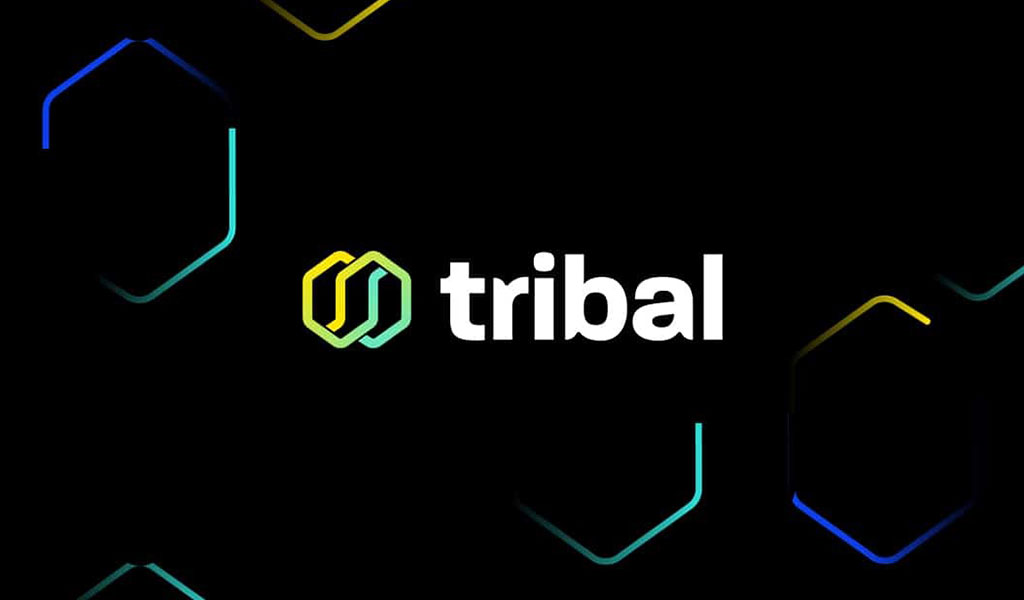
Egyptian-founded FinTech Startup Tribal Credit Secures $5.5m in Seed Funding

6 FinTech Trends That Will Transform Banking In 2020

FinTech Trends To Keep An Eye On In 2020

How FinTech Can Contribute To Healthcare

FinTech Egypt Announces its Significant Participation in Cairo ICT 2019.

How many digital Middle Eastern companies have unlocked their full innovative potential?

Top Five MENA Venture Capital Investments in Q3 2019

Singapore FinTech Festival 2019: A Meeting of the Minds

Digital Banking vs Physical Branches: Competition Not Mandatory
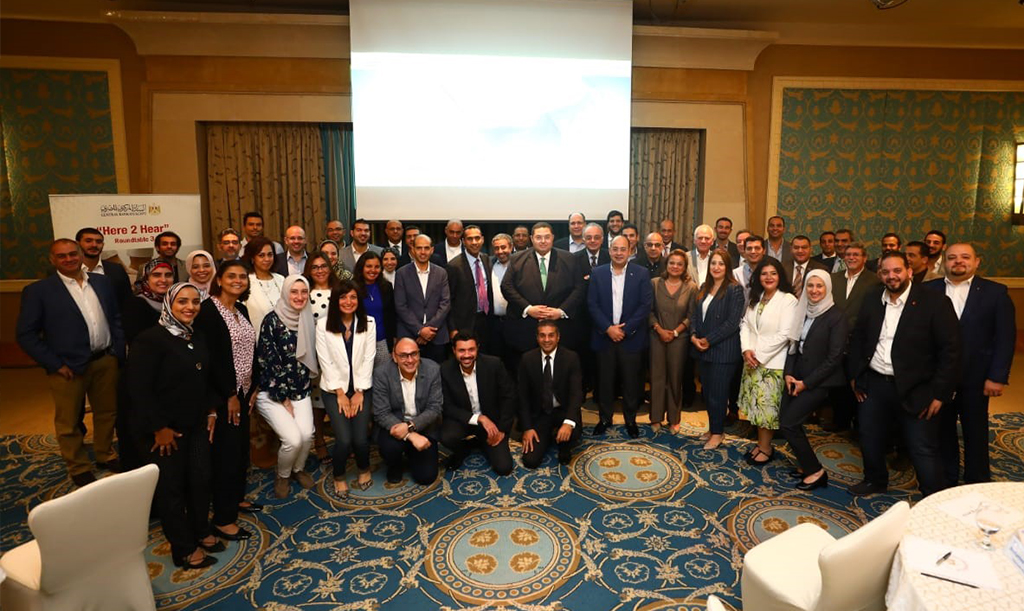
Central Bank of Egypt Holds Third Roundtable Discussion for FinTech in Egypt
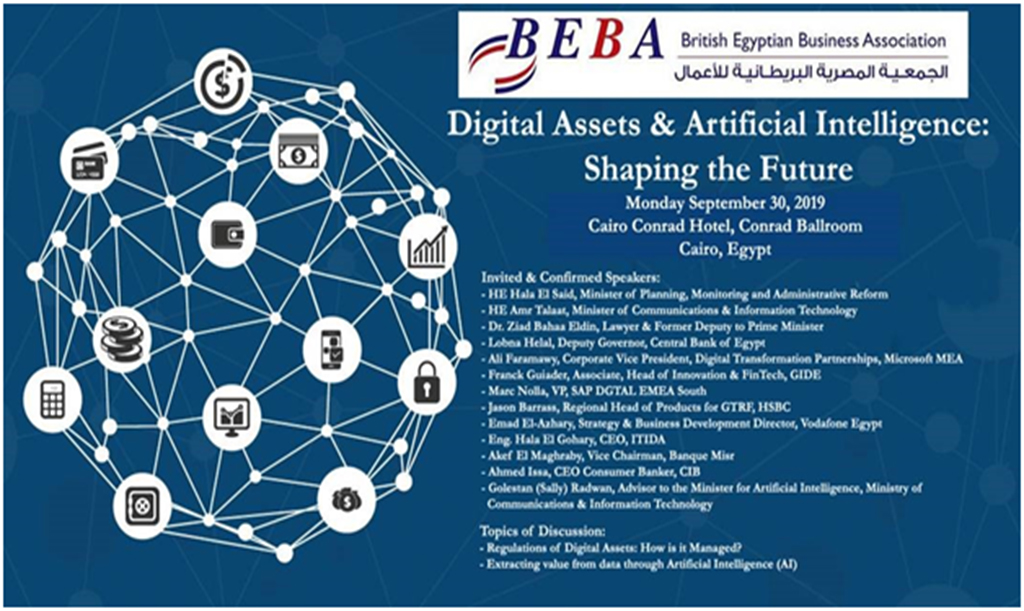
BEBA presents the Digital Assets & Artificial Intelligence: Shaping the Future event

The Flourishing of FinTech in the Middle East

Five Technologies Expected to Reshape FinTech in 2020
.jpg)
Egypt’s First Artificial Intelligence Faculty launched at Kafr El Sheikh University
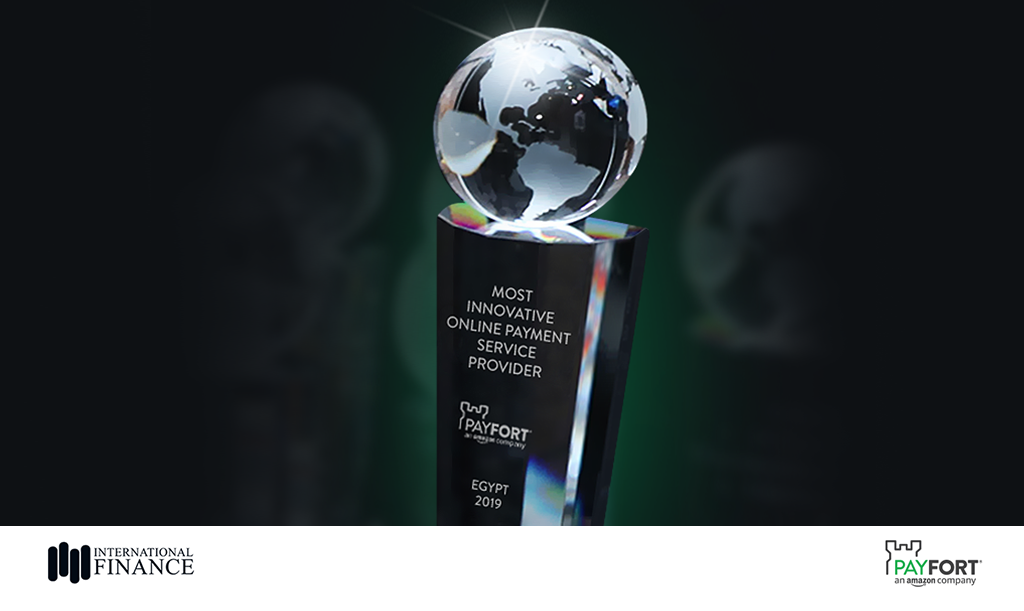
PayFort receives ‘Most Innovative Online Payment Service Provider’ award for the second time


 0
0
 4.4k
4.4k 



Comments